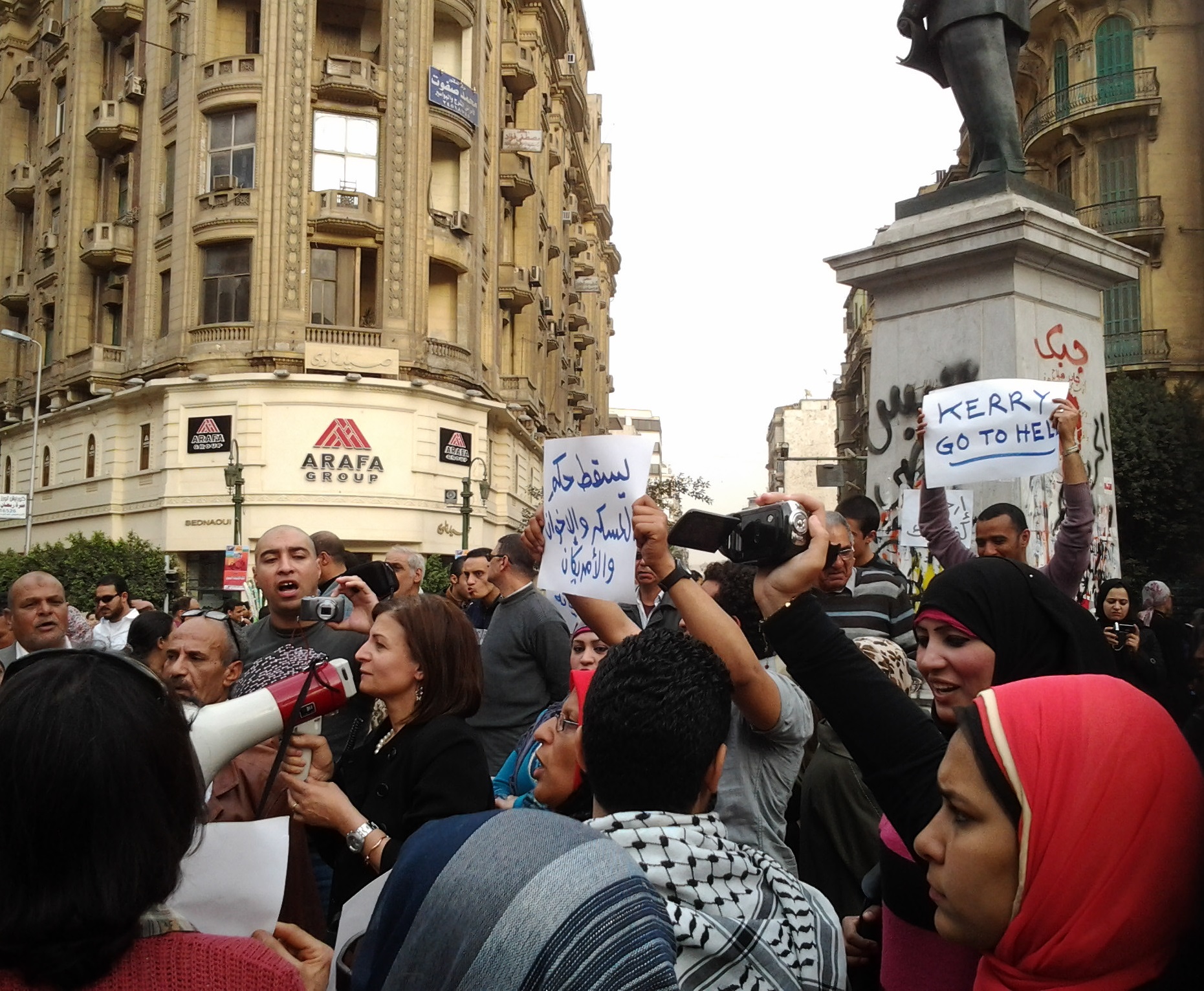UN Assistant Secretary-General for Africa Martha Pobee on Wednesday stressed the need for a negotiated solution to end the military conflict in Sudan as soon as possible.
“There is no other alternative. Calls by some to continue the war in order to achieve a military victory will only contribute to destroying the country,” Pobee told the Security Council in a briefing.
“The longer this war continues, the greater the risk of fragmentation, foreign interference and erosion of sovereignty, and the loss of Sudan’s future, particularly its youth,” she said. “Now is the time to end this senseless war and return to negotiations.”
More than 100 days have passed since the eruption of fighting between the Sudanese Armed Forces (SAF) and the Rapid Support Forces (RSF) in mid-April. Clashes between these parties continue in various parts of the country, particularly Khartoum, Bahri, Omdurman and Darfur, with neither side achieving victory nor making any significant gains, she said.
Khartoum state remains a centre of the conflict, with major combat concentrated around key SAF installations, including the SAF General Command Headquarters, said Pobee.
The parties have also exacted tremendous suffering on the people of the Darfur region. The fighting in Darfur continues to reopen the old wounds of ethnic tension of past conflicts in the region. This is deeply worrying and could quickly engulf the country in a prolonged ethnic conflict with regional spillovers, she warned.
The situation in North Kordofan, South Kordofan and Blue Nile states continues to be fragile, with persistent military actions and frequent road closures. While the east of the country is relatively calm, there are indications of active mobilization efforts in support of SAF. The mobilization is particularly worrisome and risks plunging the east into conflict along ethnic lines, further highlighting the fragility of the region, she said.
The conflict in Sudan continues to have immense repercussions on the country and its people, who continue to face unimaginable suffering. The humanitarian and protection needs are rising by the day with no signs of a reprieve.
The indiscriminate and sometimes targeted attacks on civilians and civilian objects and infrastructure continue, particularly in Khartoum, Darfur, and North Kordofan, as the parties continue to disregard calls to protect civilians and uphold their international human rights and humanitarian law obligations, said Pobee.
Sexual violence continues to be perpetrated on a large scale, while children continue to be killed or victimized or are at risk of being recruited to fight. The systematic abductions and killings of human rights defenders in Darfur and Khartoum are on the rise, she noted.
Pobee welcomed the ongoing efforts by the African Union and the Intergovernmental Authority on Development (IGAD), which groups East African states, to end the conflict in Sudan. The United Nations also welcomes the continued efforts of the United States and Saudi Arabia to facilitate negotiations between the conflicting parties, as well as the initiative of Sudan’s neighbouring countries to help resolve the conflict.
Coordination between the existing regional and international mechanisms and fora remains essential to maximize the collective leverage of regional and international actors and enhance the effectiveness of mediation efforts. The United Nations is supporting a joined-up approach toward facilitating a comprehensive solution and will continue to work closely with its partners, particularly the African Union and IGAD, she said.



